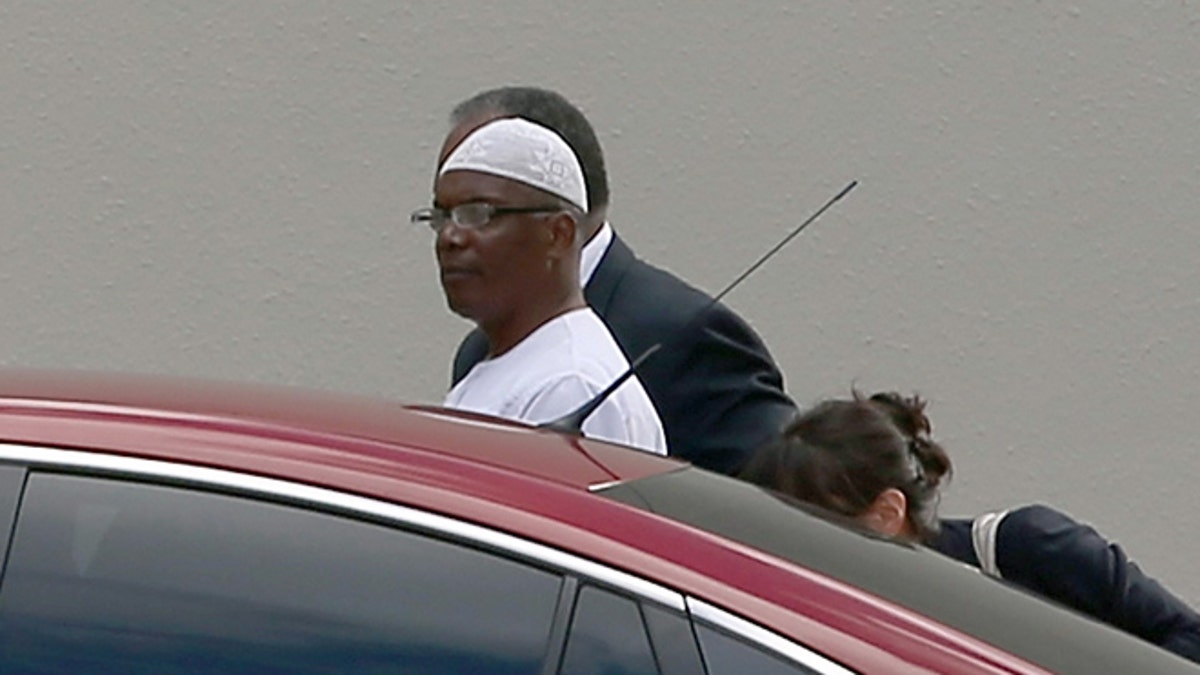
William Potts Jr. arriving on a flight at Miami International Airport on November 6, 2013 in Miami, Florida. (2013 Getty Images)
He told the judge he was a changed man.
He was no longer the militant, he said, who hijacked a 1984 flight from New York to Miami and forced it to Havana.
But William Potts Jr., who returned from Cuba decades after hijacking the jetliner, was sentenced Thursday to 20 years in a U.S. prison.
Potts, who is 57, had pleaded guilty to a kidnapping charge.
The sentence was handed down in a federal court in Miami.
The FBI says Potts handed a note to a flight attendant saying he was wearing explosives and threatened to blow up the Piedmont Airline plane up when he hijacked a flight from New York to Miami and took the plane to Havana in March 1984. He also demanded $5 million.
The plane was flown to Havana, where Cuban authorities boarded it and took Potts into custody.
In previous interviews, Potts said he thought he'd be welcomed as a hero and given training as a guerrilla. After his release, he lived quietly east of Havana until last year when he decided to return to the U.S. to resolve the charges here.
The U.S. sentence effectively gives Potts credit for 13 years he served in a Cuban prison because he would be eligible for release on parole after nearly seven years.
Prosecutors opted to charge Potts with kidnapping instead of the more serious charge of air piracy, which carries a mandatory sentence of 20 years in prison. The option chosen by the prosecutors then paved the way for the courts to take into account part of the time Potts served in Cuba.
After returning to the U.S. last year, Potts told reporters: “My position is I am a free man. I have served my time. But they seem to have another concept. They are going to take control of me. I will be under their authority."
According to the FBI, Potts called himself "Lieutenant Spartacus" and said he was "a soldier of the Black Liberation Army." The note he handed the flight attendant also mentioned giving freedom to "brothers and sisters" in South Africa and criticized U.S. interference in Nicaragua's Sandinista government.
In 2009, Potts called himself the "homesick hijacker" in an Associated Press article about his desire to one day return to the U.S.
Even though Potts could have stayed in Cuba, he decided to come home and take his chances with the legal system.
In the 1960s and 1970s, dozens of American aircraft were hijacked to communist Cuba at the height of the Cold War. But by the time Potts commandeered his plane, they had become less frequent and Cuba had begun prosecuting the hijackers.
The Associated Press contributed to this report.
Follow us on twitter.com/foxnewslatino
Like us at facebook.com/foxnewslatino
